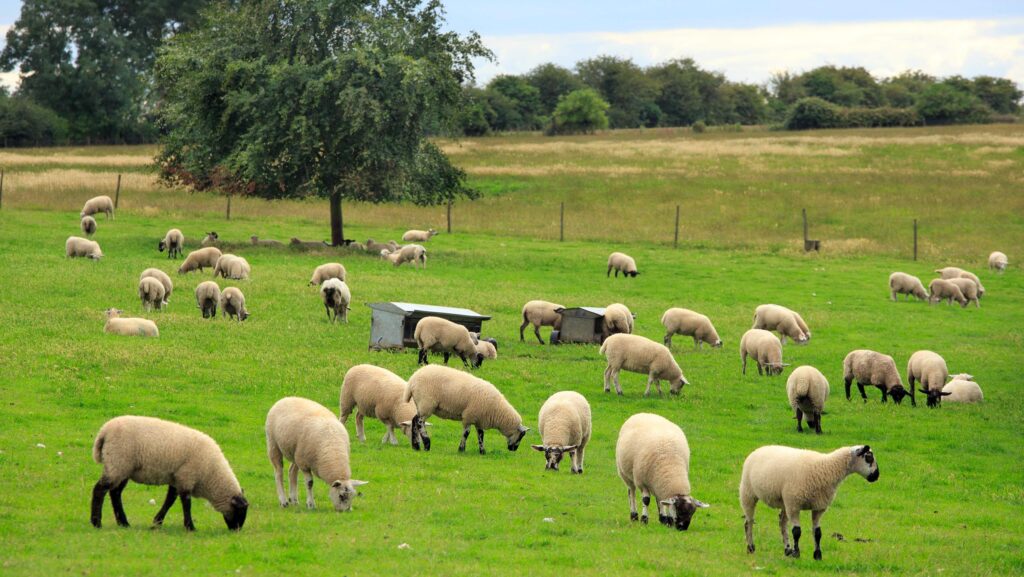Bluetongue virus confirmed in Essex as cases mount
 ©Tim Scrivener
©Tim Scrivener The first case of bluetongue virus during the current outbreak has been confirmed in Essex, with farmers being urged to be stay vigilant for signs of the disease in their animals.
As of 8 September, there are 34 affected premises, including the first detected case of bluetongue serotype 3 (BTV-3) in Essex. Well in excess of 100 animals have tested positive for the virus.
Bluetongue virus was initially detected at a farm near Beccles, Suffolk, on 26 August, and subsequent cases have been identified through surveillance.
See also: What can be done to prevent bluetongue virus?
The whole of Norfolk, Suffolk and Essex has been declared as a restricted zone (RZ) following a surge in cases of the potentially deadly disease in sheep, cattle, goats, deer and camelids, including alpacas and llamas.
Essex, Kent and East Sussex are also considered high-risk counties and an additional temporary control zone (TCZ) set up in East Yorkshire after a case near Withernsea.
Defra and the National Sheep Association (NSA) are urging farmers to remain vigilant and adhere to control measures to prevent the disease from spreading further.
Updates, including a live Q&A session, will be provided by the AHDB on Wednesday, 11 September.
NSA chief executive Phil Stocker said: “The weekend has seen a further four positive cases, all in the existing RZ.
“This now includes the first positive case we’ve seen in Essex, although at this stage no changes are being made to the RZ boundaries. This takes us to 34 premises that are affected and the numbers are growing steadily.”
But Mr Stocker said it is encouraging that BTV-3 seems to be being contained within the RZ, which suggests the policy is working.
“Farmers should remember that this policy includes being responsible with moves and only moving livestock when absolutely necessary. It also includes keeping movement and traceability records up to date,” he added.
Movement restrictions
To move animals in a disease control zone in England, Scotland or Wales, you may need a licence. For further details visit Gov.UK.
Defra says it is “crucial” for farmers to monitor their animals closely for any clinical signs of bluetongue disease, including fever, inflammation of mucous membranes, lameness, and reduced productivity.
Any suspected cases must be reported immediately in England on 03000 200 301; in Wales, contact 0300 303 8268 and in Scotland, contact your local Field Services Office. Failure to do so in an offence.
